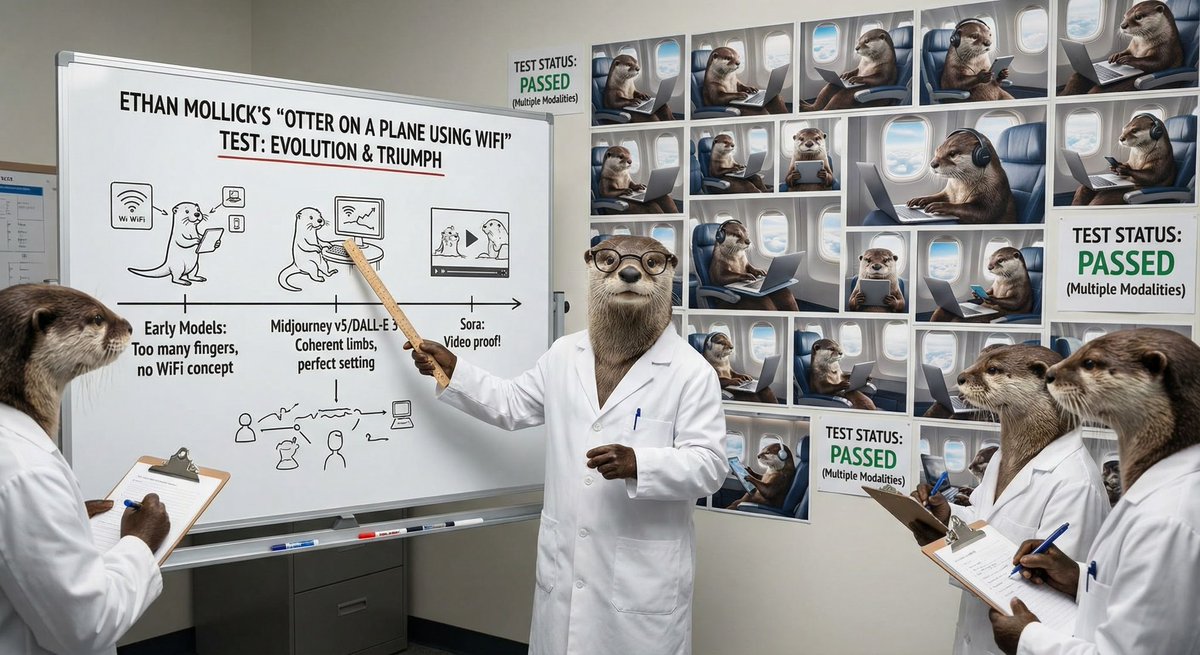Toxoplasma (a 🐈 parasite) alters the behavior of infected rats to make them take more risks. It might do the same for founders: students with toxoplasma are 180% more likely start ventures & infected founders have 8% higher revenue on average, but are also more likely to quit. 





Here’s a link to the paper. royalsocietypublishing.org/doi/10.1098/rs…
Also, to be clear, you don’t want to get toxoplasmosis, especially during pregnancy or if you are immune compromised, though it is very common: 60M people in the US are already infected. cdc.gov/parasites/toxo…
Another paper finds very similar results: a 30% increase in the chance of starting a business for women infected with the parasite, a 26% increase in becoming a serial founder, plus it replicates both the higher revenues & greater chance of quitting compared to the uninfected. 

• • •
Missing some Tweet in this thread? You can try to
force a refresh
















